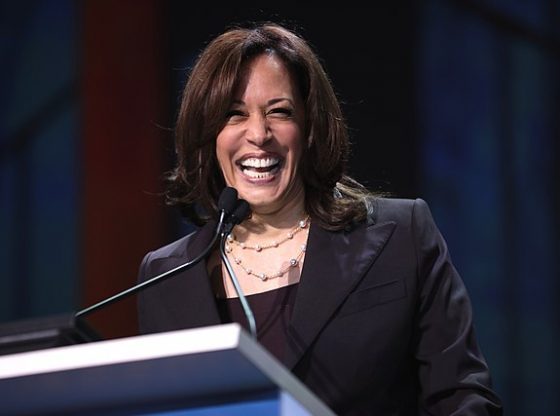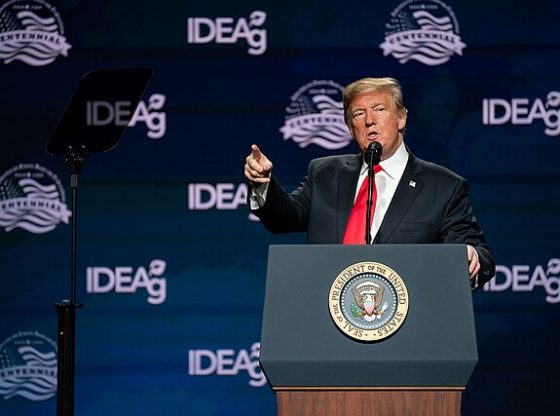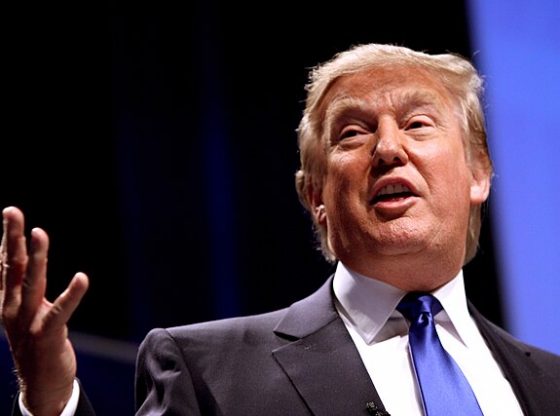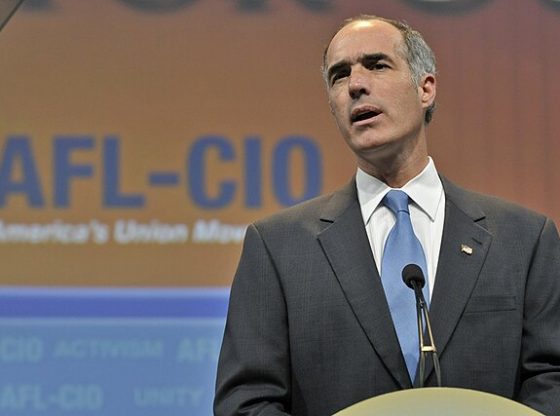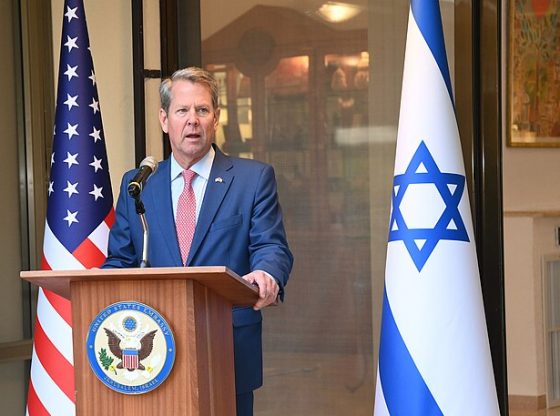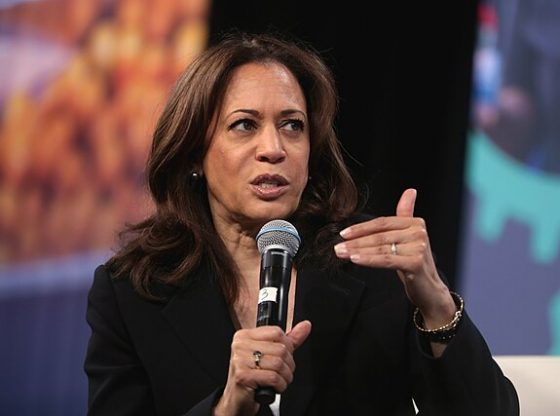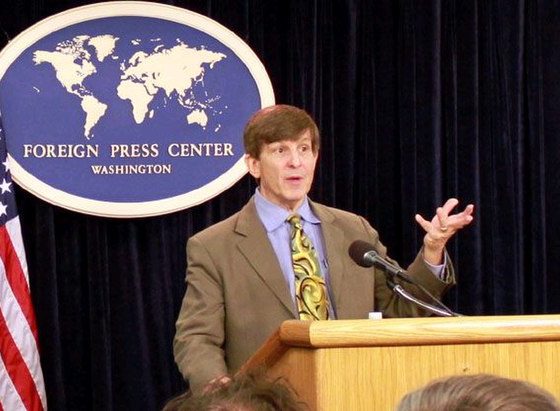The latest “bipartisan” budget deal passed Congress late this week and is heading to President Obama’s desk for his expected signature. The deal increases spending on both defense and domestic programs and all but eliminates the spending caps agreed to in the Budget Control Act of 2011.
There’s another little known provision that should worry anyone concerned about national and energy security. The plan sells parts of the Strategic Petroleum Reserve in order to pay for the additional spending. The SPR was created in the 1970s as an insurance policy against emergencies that disrupt world oil supplies.
Oil prices are currently hovering around $40-50 a barrel. The pressure on oil prices, if anything, is to push them further downward.
Watchdog.org reports that concerns are being raised that this will erode the nation’s safety net.
Analysts say the oil boom in the U.S. makes it a safe time to draw down the reserve, which now holds 695 million barrels.
But critics say the SPR was never intended to be used as a short-term budget fix.
“It’s bad, it’s short-sighted,” Sen. Lisa Murkowski, R-Alaska, and chairman of the Energy and Natural Resources Committee, told Bloomberg BNA. “For all the reasons that I opposed it last time about eroding the safety net and using it as an ATM, I still worry about that.”
Reeling from the Middle East oil embargo in the 1970s — which resulted in lines for gas across the nation — lawmakers created the strategic reserve as an insurance policy of sorts — millions of barrels left at the ready in case of any international disruption of oil.
The SPR has been tapped three times. The first time was as a result of the 1991 Gulf War. The other two times have come within the past decade, after Hurricane Katrina and the 2011 Libyan Civil War. Parts of it were sold off in the 1990s to reduce budget deficits.
The international geopolitical situation is unstable to put it mildly. Iraq and Syria are convulsing in civil war, as is Libya. China threatens vital trade routes in the South China Sea. Finally, Venezuela is experiencing political and economic turmoil. In addition, Canadian oil sands production is expected to be drastically cut under incoming Prime Minister Justin Trudeau.
With all of these crises either looming or happening, does it really make sense to reduce a vital component of American energy and national security?

